Welcome to a weekly series here on Pew Pew Tactical dedicated to the gun news you need to know.
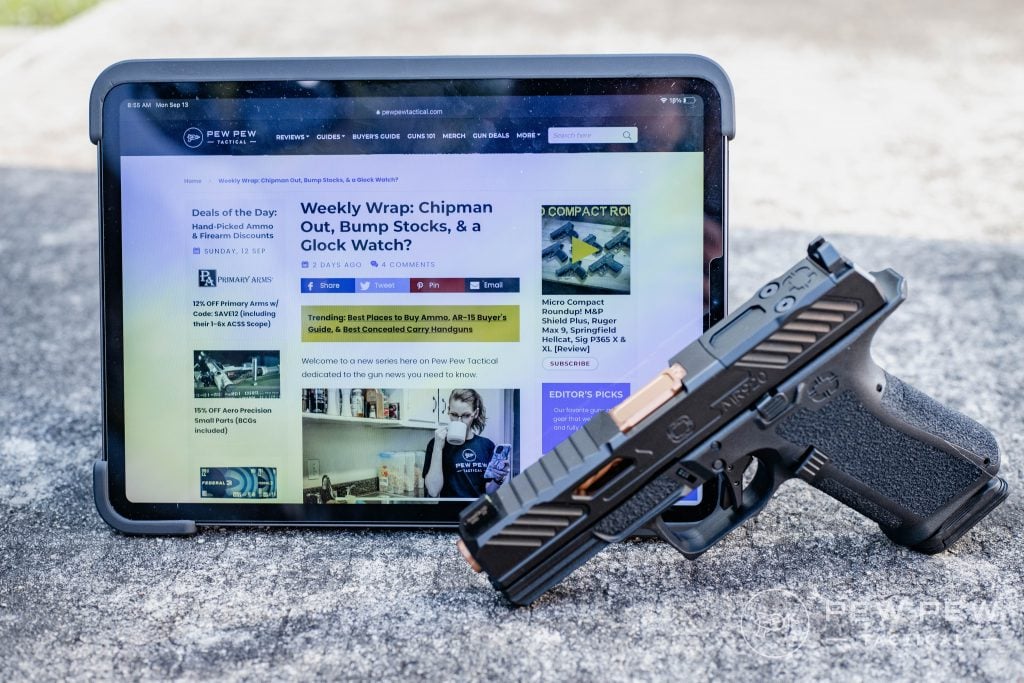
So, keep reading for this week’s notable news headlines…
Table of Contents
Loading…
Pistol Brace Ruling Vacated by Federal Judge
The ban on pistol braces was dealt a major blow this week after a federal judge vacated the ATF’s Final Rule re-classifying pistol-braced firearms as short-barrel rifles.
In a 12-page decision, Texas Judge Reed O’Connor condemned the ATF for overstepping when making the Final Rule, calling it “arbitrary and capricious” and preventing the Bureau from enforcing it.
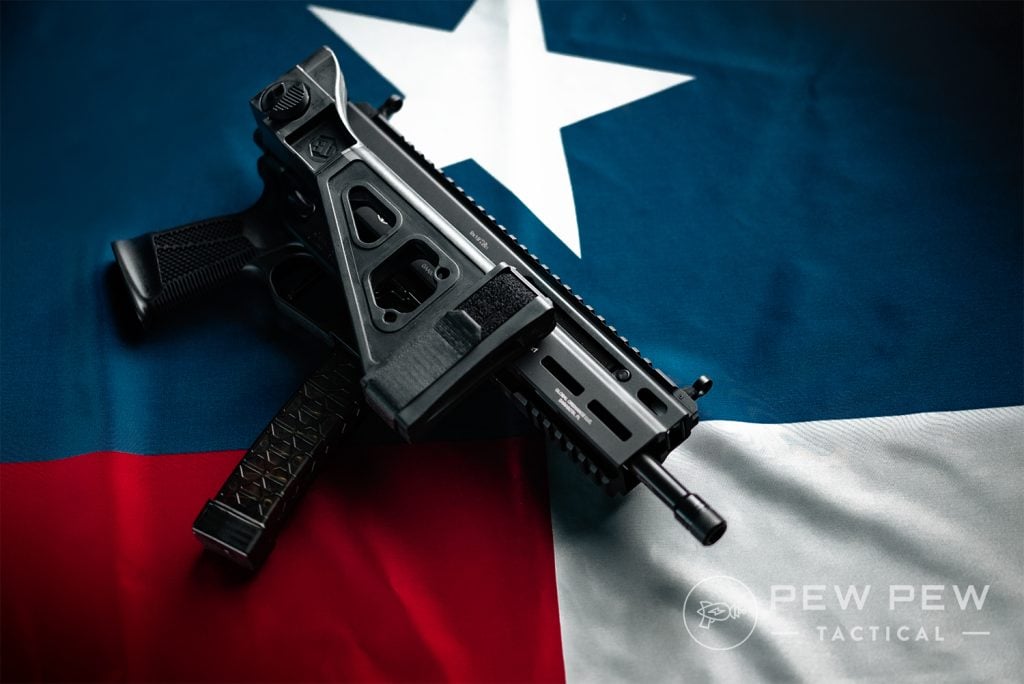
“The Court finds that the adaptation of the Final Rule was arbitrary and capricious for two reasons. First, the Defendants did not provide a detailed justification for their reversal of the agency’s longstanding position. And second, the Final Rule’s standards are impermissibly vague,” O’Connor wrote in his opinion.
Pistol braces became a popular means of outfitting shorter AR-15 style rifles that kept them in the legal handgun area and out of the SBR arena – which requires an NFA stamp to own. Over the years, the ATF has flip-flopped its stance on whether pistol-braced guns are, in fact, rifles or pistols. Ultimately, the Bureau took a stand against braces in 2023, barring them unless properly registered as SBRs.
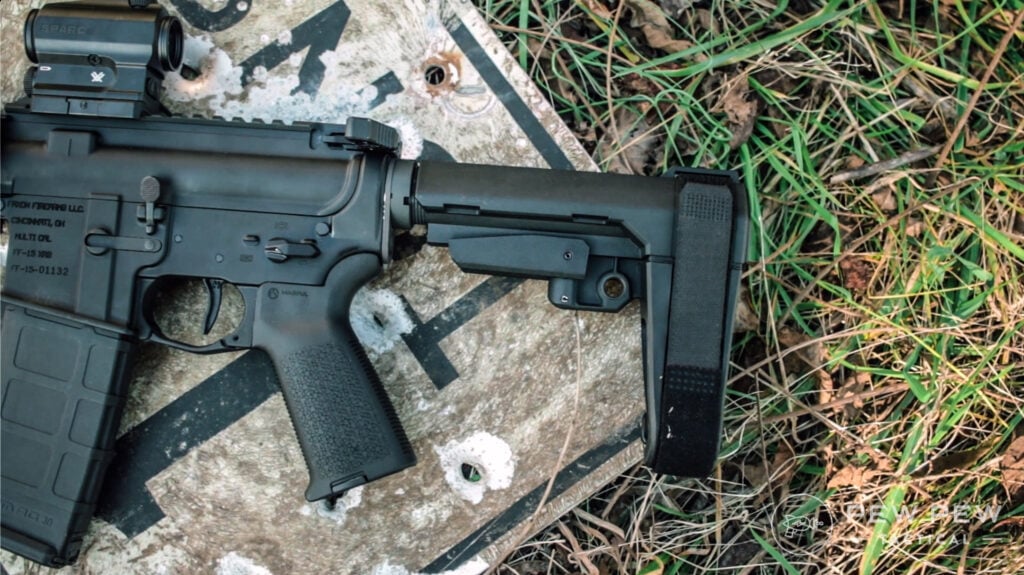
The summary judgment issued on June 13 is a huge win for gun advocates who long questioned the authority of the ATF in rulemaking. The Firearm Policy Coalition, who took point on the case, said it was a major victory in the battle, but the fight isn’t quite over.
“The Biden Administration’s ATF hates us so much that it lawlessly acted to turn millions of gun owners into felons, but FPC and our members ran towards the fire and defeated this evil,” FPC President Brandon Combs said in a statement after the judgment was issued.
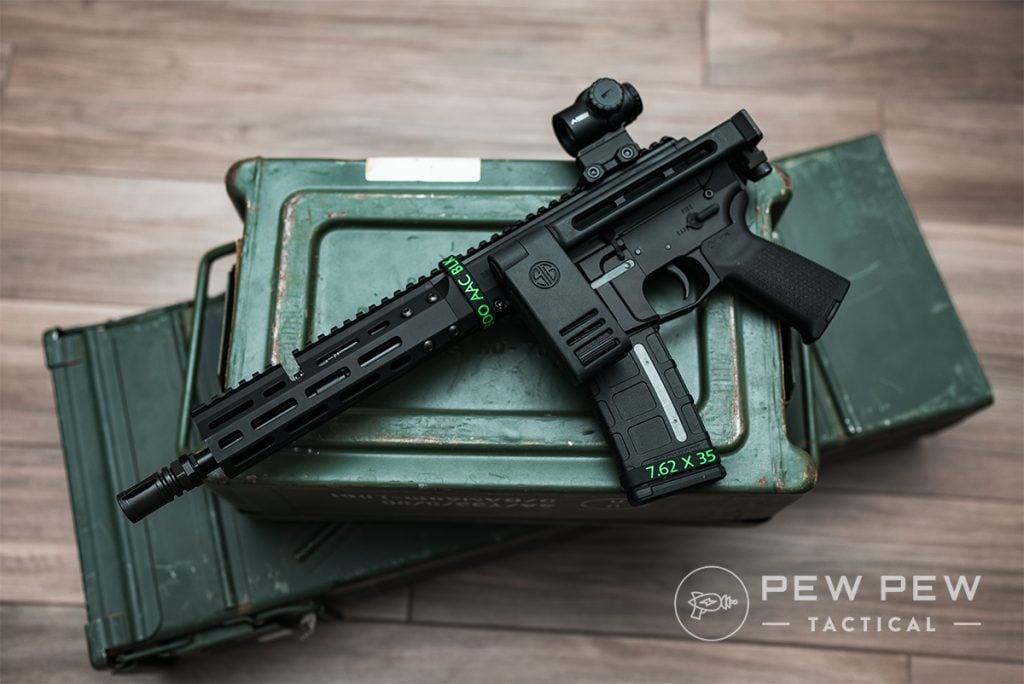
“Today’s order shows that our community can take on an immoral government and win. FPC members should be proud of what was accomplished today. We look forward to defending this victory on appeal and up to the Supreme Court, just as we have in other cases.”
Broader implications of this ruling will likely be felt as several other lawsuits against the ATF and its ability to circumvent Congress to make new laws make their way through the court system.
To get the whole backstory, head over to our write-up on the full history of the ATF vs. Pistol Braces.
Federal Judge Blocks ATF “Engaged in the Business” Ruling
The ATF was dealt a second blow in the same week after another federal judge out of Texas blocked the ATF from enforcing its “Engaged in the Business” ruling in four states.
U.S. District Judge Matthew Kacsmaryk ruled in a preliminary injunction that the ATF had violated rulemaking procedures when it enacted the Final Rule. In the 21-page opinion, Kacsmaryk decried the rule as arbitrary, capricious, and exceeding the ATF’s authority while putting average, law-abiding citizens at risk of jail time.
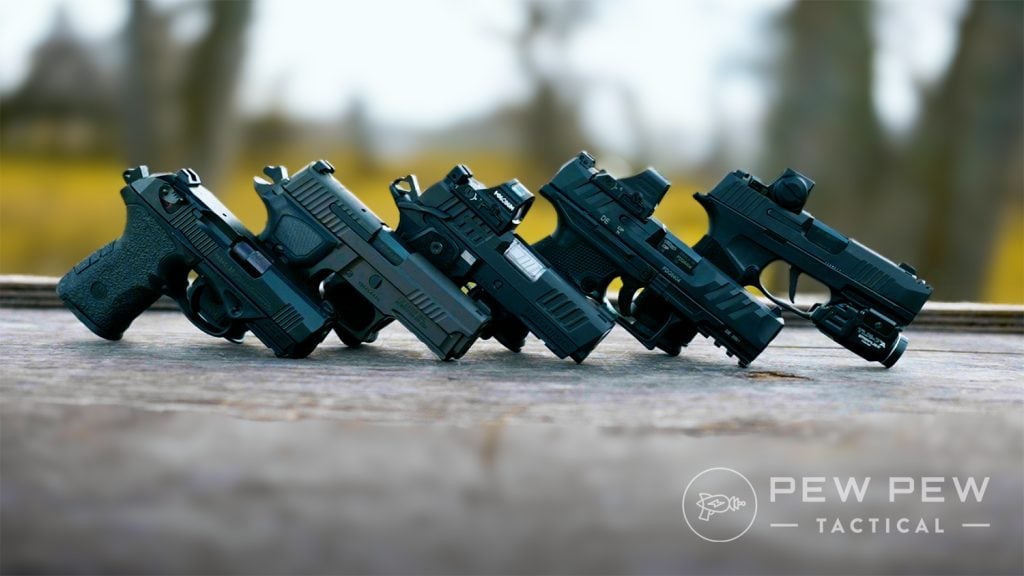
Pointing to the Bipartisan Safer Communities Act, Kacsmaryk said the ATF’s rule contradicts laws Congress made, therefore putting gun owners in an impossible position.
“Other Plaintiffs face both civil and criminal enforcement actions for engaging in conduct that the BSCA permits but the Final Rule impermissibly forbids. They cannot engage in lawful, noncommercial conduct without fear of prosecution. They cannot collect firearms for personal defense while enjoying statutory protection. Nor can they dispose of firearms from their personal collections for fear of being presumed ‘engaged in the business,’” Kacsmaryk wrote.
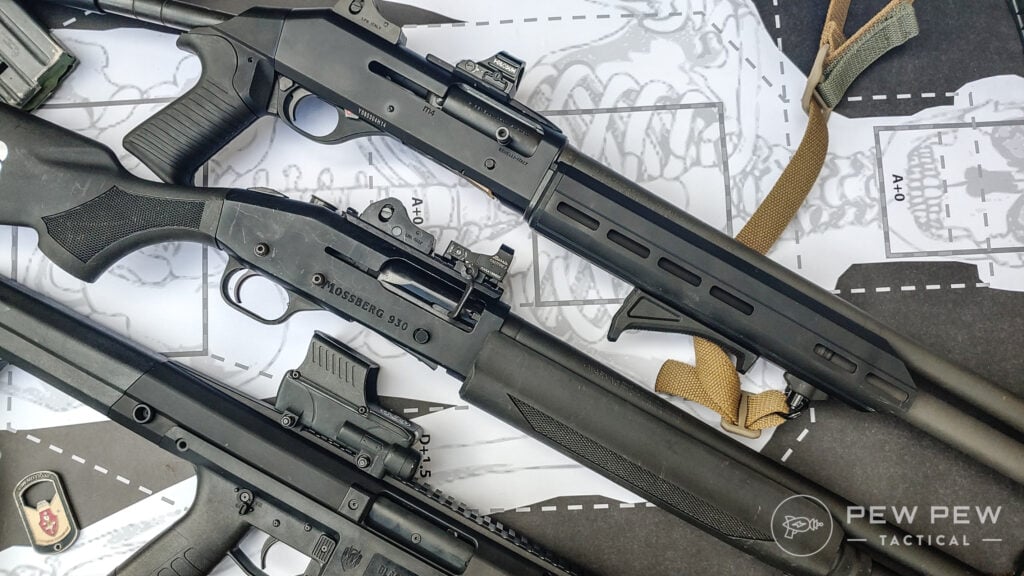
“Plaintiffs understandably fear that these presumptions will trigger civil or criminal penalties for conduct deemed lawful just yesterday. Nevertheless, ATF avers that its ‘knowledge of existing case law’ and ‘subject-matter expertise’ will prevent misuse or abuse of the presumptions. In other words, ‘just trust us.’ But ‘[p]resumptions, especially in administrative proceedings that may generate institution-destroying liability, cannot be a matter of Department ipse dixit.'”
The rule, which took effect May 20, tightened down on who was considered “engaged in the business” of firearms dealing and would thus need a federal firearms license.
The Justice Department said it aimed to better regulate firearm sales and increase federal background checks, but pro-gun advocates said the rule is a veiled attempt to grab guns from law-abiding Americans.
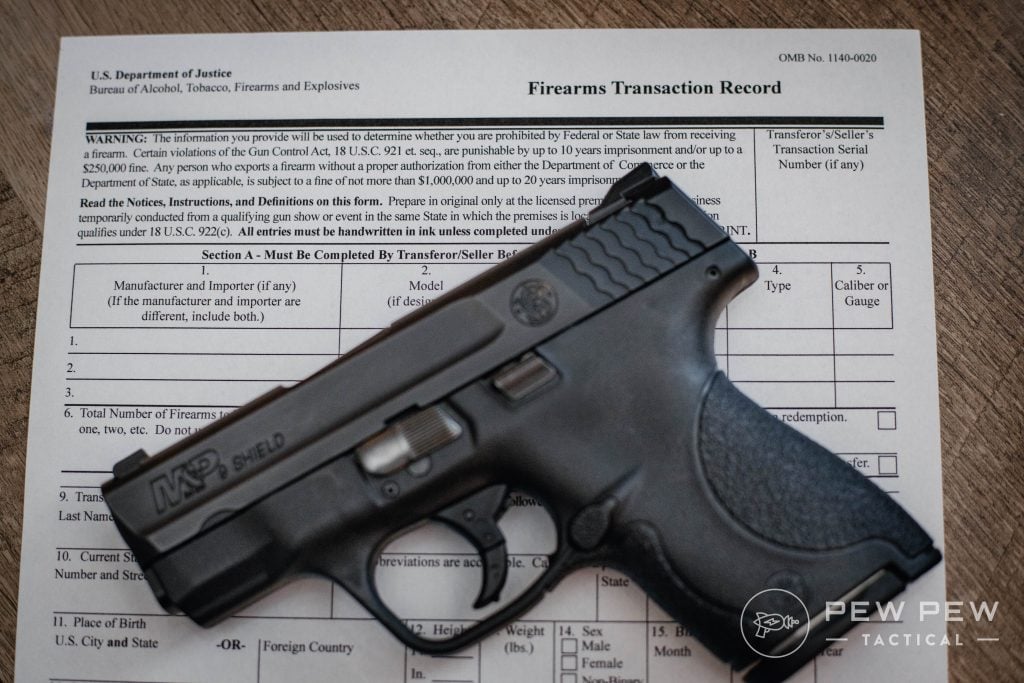
“The president is claiming this will keep guns out of the hands of felons, and he knows better,” Second Amendment Foundation founder and Executive Vice President Alan M. Gottlieb said in a press release.
“If history has taught us anything, it would be that criminals do not obtain the guns they use through legitimate channels, and that gun control laws have never prevented criminals from obtaining a firearm. All this rule will accomplish is to place yet another burden on honest citizens wanting to exercise their Second Amendment rights.”
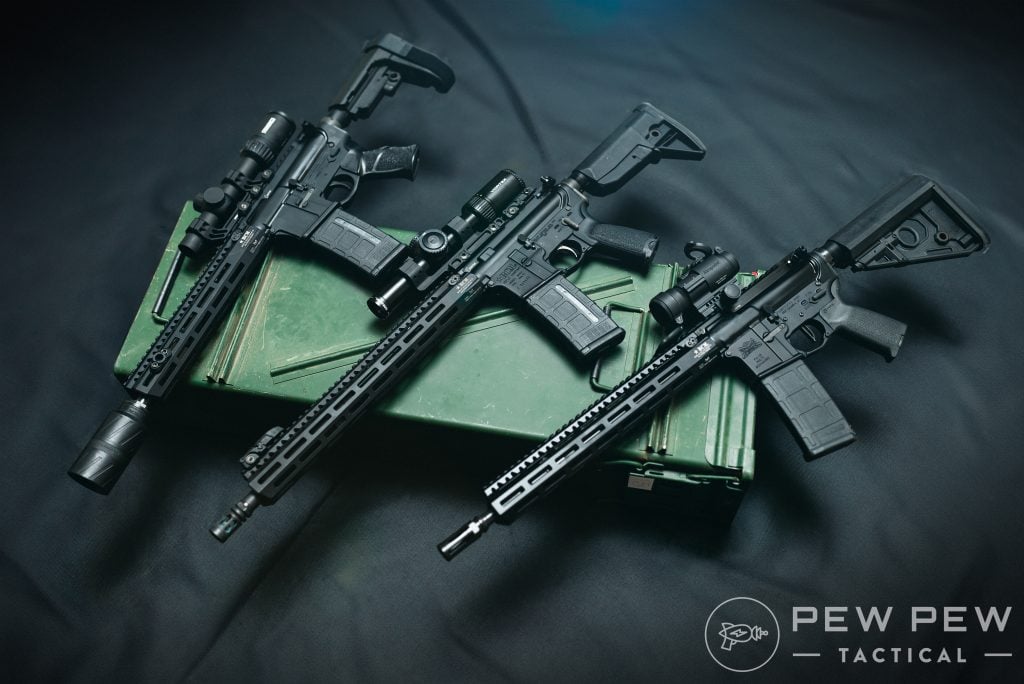
Twenty-six states filed lawsuits against the DOJ over the rule, with Texas, Louisiana, Mississippi, and Utah securing the injunction with their lawsuit.
While the DOJ will likely appeal, this win and the vacated pistol brace ruling set the stage for a broader battle of what the ATF can do regarding rulemaking.
To read up on the history of this proposal, check out our guide on the “Gun Show Loophole: Final Rule 2022r-17f.”
Appeals Court Backs California’s Ban on Gun Shows at County Fairs
California’s ban on gun shows at county fairs and other public properties was upheld by an appeals court, which said the laws do infringe on firearms buyers’ and sellers’ Constitutional rights.
At the center of the case are two measures authored by Sen. Dave Min (D). The first prevented gun shows at the Orange County Fair, but a second measure was introduced later, extending that ban to county fairgrounds on state-owned land.
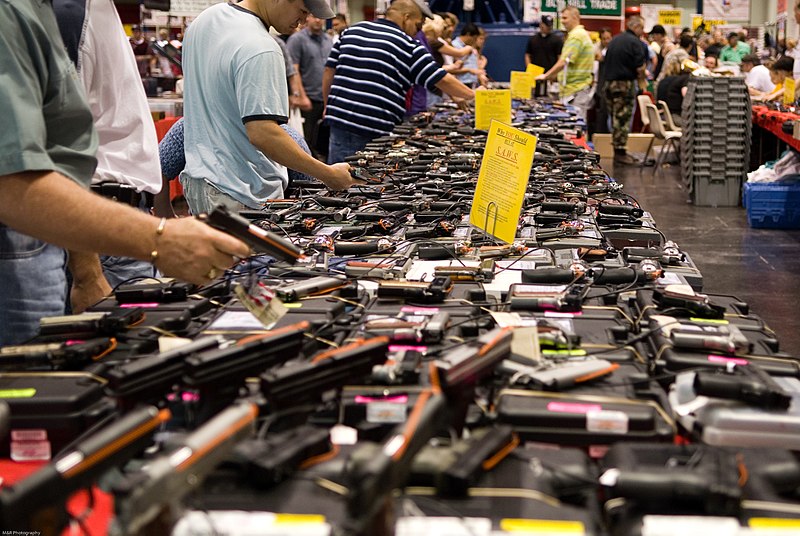
U.S. District Judge Mark Holcomb blocked enforcement of the laws in October 2023, writing that the bans violated the rights of sellers and buyers and prevented commercial speech protected by the First Amendment.
The appeals court did not agree. In a 3-0 decision, the 9th Circuit Court of Appeals overturned the injunction, arguing that the bans on gun shows don’t prohibit First Amendment rights as they “do not directly or inevitably restrict any expressive activity.”
Though the decision was a blow to gun enthusiasts in the Golden State, Second Amendment activists said they intend to continue to fight for gun owners’ fundamental rights.
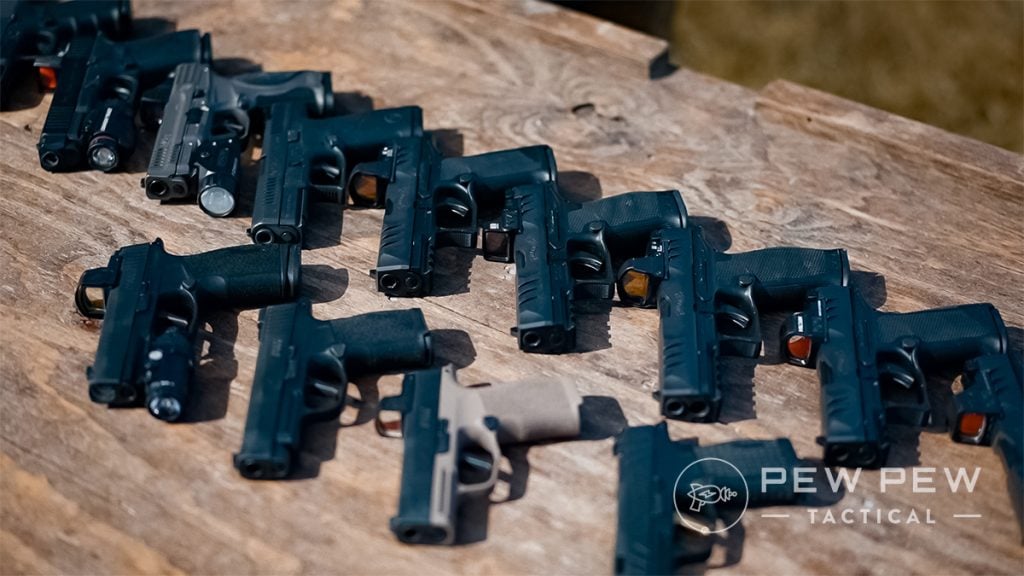
“The Ninth Circuit panel decision in B & L Productions v. Newsom is extremely disappointing considering our win in the lower court that enjoined the state from banning gun shows on state property. The three-judge panel clearly did not understand the connection between First Amendment and Second Amendment rights,” California Rifle & Pistol Association attorney Chuck Michel said in a statement.
“CRPA will continue to protect the despised gun culture and fight back against an overreaching government that seeks to limit disfavored fundamental rights and discriminate against certain groups of people on state property. CRPA looks forward to seeing this misguided decision reversed in short order.”

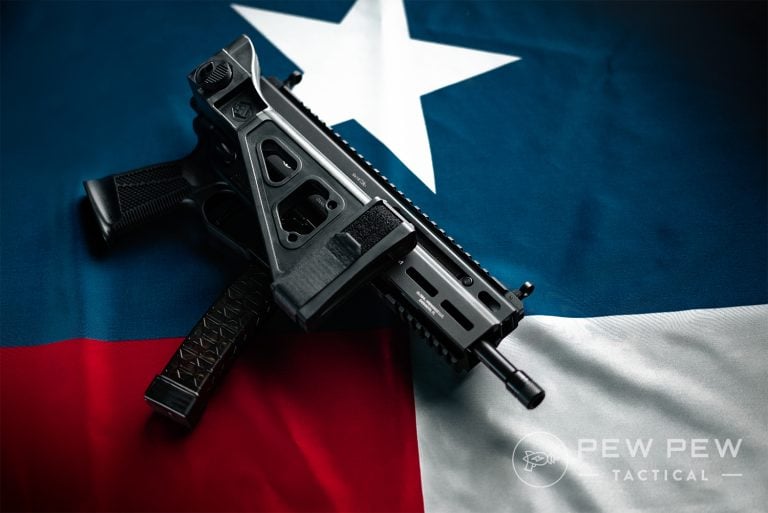




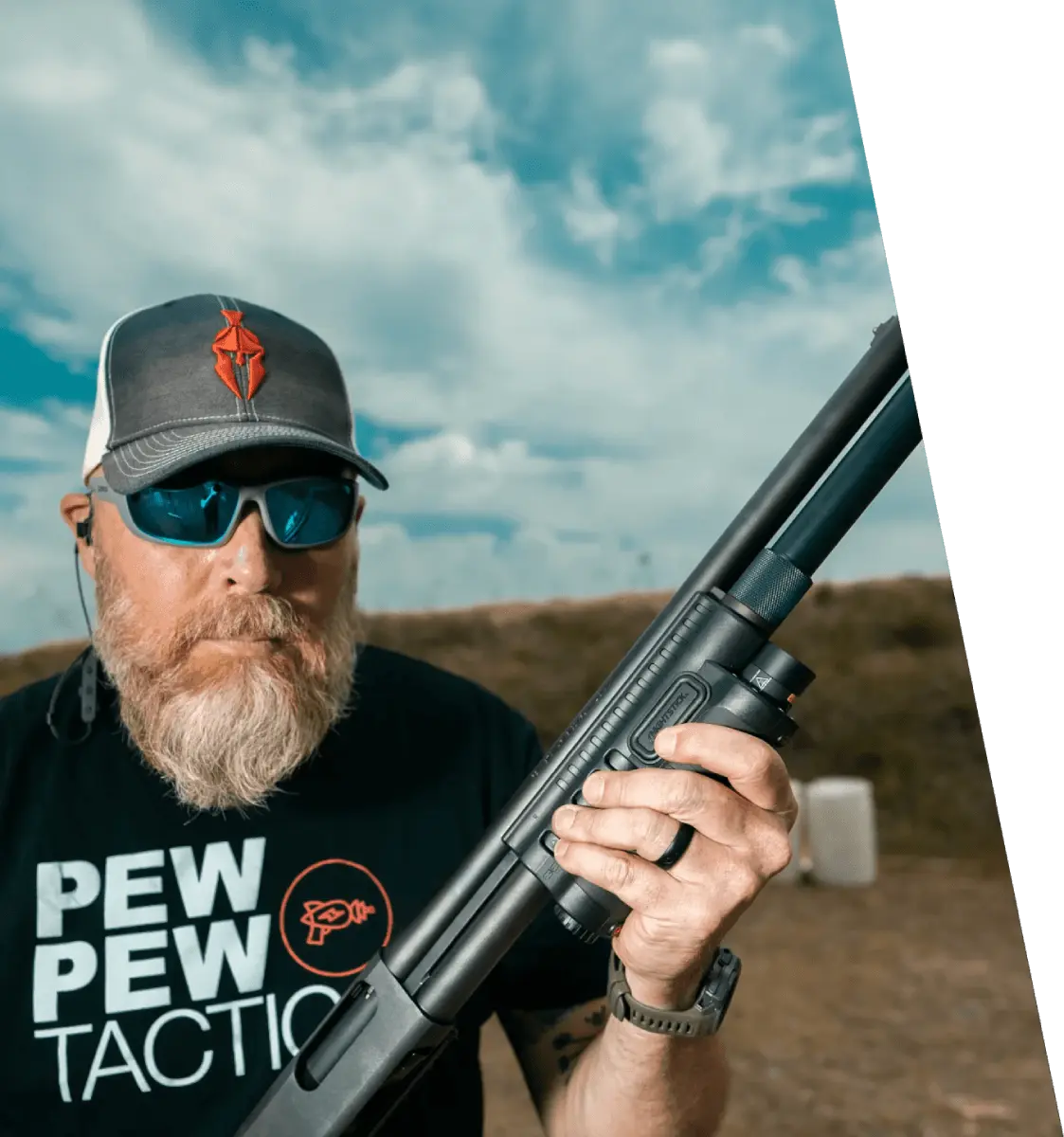

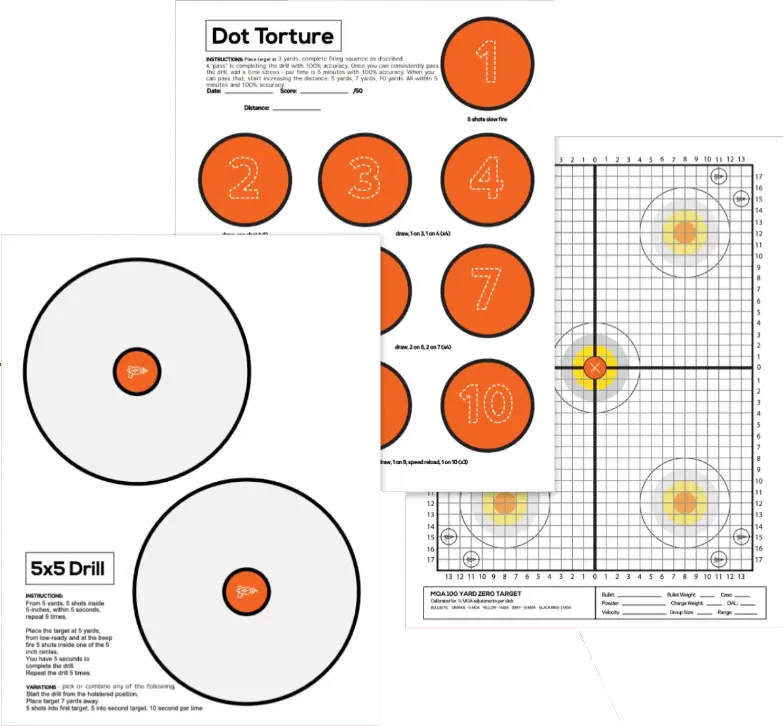
3 Leave a Reply
Thank you for the updates, I appreciate what you guys are doing
Thanks for reading!
test